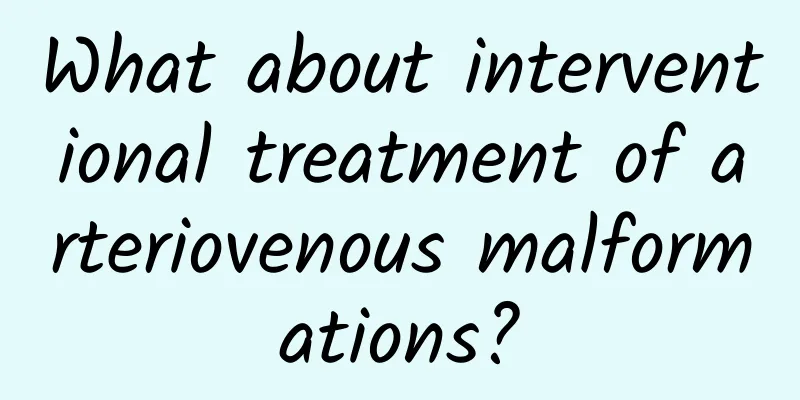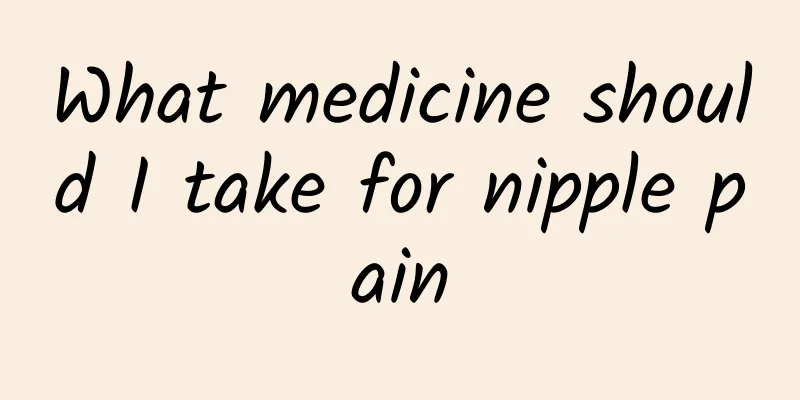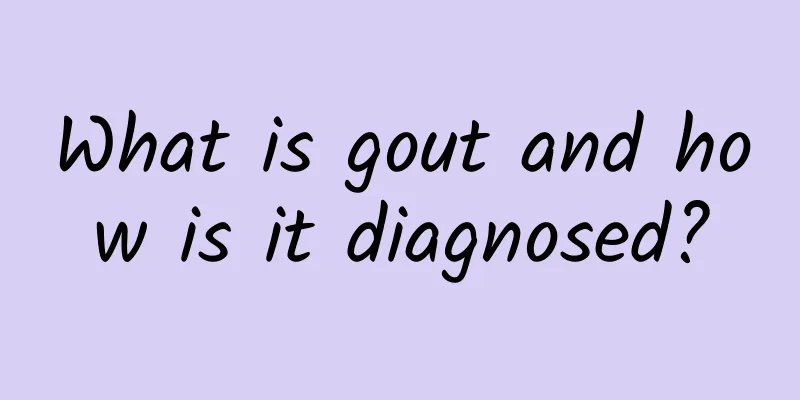Introduction to the symptoms of hypoglycemia

|
I believe that many people may encounter the symptoms of hypoglycemia in life. Usually patients will show symptoms such as hunger, pale complexion, dizziness, fatigue, or mental disorders. We must pay attention to symptomatic adjustment and treatment. 1. Symptoms of hypoglycemia: easy hunger Early symptoms of hypoglycemia include sweating, palpitations, fatigue, hunger, etc. When the patient is conscious, you can give the patient sugar water to drink, or eat biscuits or snacks high in sugar. If the blood sugar level in the human body is too low, it is easy for the individual to feel a strong sense of hunger. Excess insulin in the body can cause low blood sugar, and cells cannot get enough glucose, so the brain will send hunger signals. There may also be a series of complications such as fatigue, sweating, hunger, pale complexion, tremor, nausea and vomiting. 2. Symptoms of hypoglycemia: pale complexion When the blood sugar level in the human body is lower than 2.8mmol/L, people will experience hypoglycemia reactions, such as hunger, panic, sweating, fatigue, pale complexion, etc. If the human body suffers from hypoglycemia for a long time, the patient will have mental and consciousness disorders, unable to find the place, poor memory, and even talk nonsense, looking like a mental patient. If blood sugar is lower or hypoglycemia persists for a longer period of time, mental and consciousness disorders will occur, and the function of the central nervous system will be obviously abnormal. Symptoms include headache, dizziness, restlessness, language disorders, sudden loss of orientation and recognition, or mental disorders, which may further lead to convulsions, hemiplegia, drowsiness, suppressed breathing and blood pressure, and even death. 3. Symptoms of hypoglycemia: brain damage The main symptom of hypoglycemia is impaired brain function (neurogenic hypoglycemia). When blood sugar is too low, the brain doesn't get enough glucose and therefore can't perform some of its normal functions, which can cause dizziness, drowsiness, confusion, slurred speech, and other symptoms. If the condition worsens, the patient will develop a group of symptoms that damage the functions of higher nervous centers, manifested as personality changes, impaired consciousness, neurological disorders, blurred vision, convulsions of the hands and feet, drowsiness, coma and other serious consequences. Neurogenic hypoglycemia often occurs slowly and unnoticed. |
>>: What foods should not be eaten for low blood sugar
Recommend
What causes high triglycerides?
Nowadays, people’s living and eating standards ar...
The toxic side effects of walnut wood
The toxic side effects of walnut pith may cause p...
What should I do if my baby has an umbilical hernia?
Generally speaking, the baby's umbilical hern...
What to do if a pregnant woman has bladder leakage
Bladder leakage is quite common in the late stage...
Garlic for flat warts
Garlic is a very common ingredient in our daily l...
Parasite symptoms
Parasites are a common type of disease. They main...
Symptoms of jaundice hepatitis
Although you may not be familiar with the disease...
Who is prone to pneumothorax and what is pneumothorax?
The occurrence of pneumothorax can cause great ha...
How to improve enlarged pores on legs
Many people will find that their body pores are v...
The dangers of growing strawberries on your neck
The danger of planting strawberries on the neck i...
Can I eat lotus root during menstruation?
Women have regular menstruation every month, and ...
How to Detoxify Drug Allergy
When people go for an infusion, the doctor will a...
People with spleen deficiency are more prone to insomnia. How to regulate it?
Many people are always troubled by difficulty fal...
Is it normal for women to go through menopause at the age of 40?
Menstrual issues are of concern to women because ...
Clever use of honey to treat chronic pharyngitis, effective as soon as you drink it!
Chronic pharyngitis is more common in adults. The...









